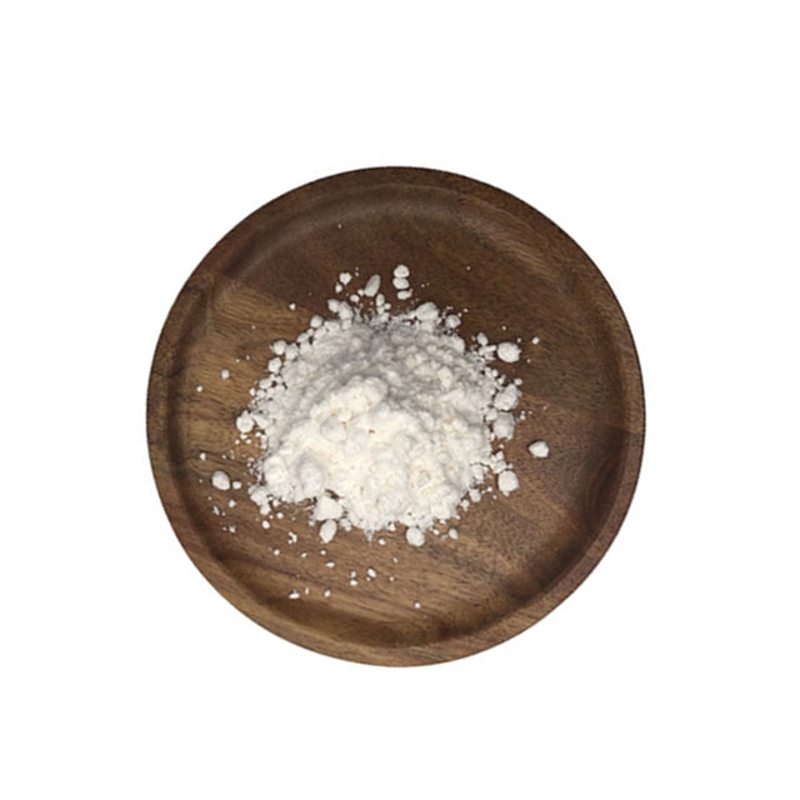-
Categories
-
Pharmaceutical Intermediates
-
Active Pharmaceutical Ingredients
-
Food Additives
- Industrial Coatings
- Agrochemicals
- Dyes and Pigments
- Surfactant
- Flavors and Fragrances
- Chemical Reagents
- Catalyst and Auxiliary
- Natural Products
- Inorganic Chemistry
-
Organic Chemistry
-
Biochemical Engineering
- Analytical Chemistry
- Cosmetic Ingredient
-
Pharmaceutical Intermediates
Promotion
ECHEMI Mall
Wholesale
Weekly Price
Exhibition
News
-
Trade Service
Author: Feipeng
This article is authorized by the author to be published by Yimaitong, please do not reprint
it without authorization.
As one of the world's most common cancers, according to the data of Global Cancer Statistics 2020 [1], the global age-standardized incidence rate reaches 47.
8/100,000, and there are 2261419 new cases of breast cancer every year
.
There are 416371 new cases of breast cancer in China every year, accounting for 18.
4% of the global new cases, and the incidence of breast cancer in China is still on the rise [2].
Data from the United States show that about 6% of breast cancers have distant metastasis at the time of diagnosis, and are diagnosed as stage IV at the time of initial diagnosis, while the incidence of distant metastasis in clinical stage I-II breast cancer patients is only about 2%, and domestic and foreign guidelines do not recommend systemic imaging to exclude the presence of
metastases.
However, in patients with stage III breast cancer, the ASCO guidelines recommend routine whole-body imaging to determine the presence of distant metastases due to their higher incidence of distant metastases (15-20%)[3].
Figure: Whole-body imaging recommendations for stage I-III invasive breast cancer[3].
Based on the hypothesis that resection of the primary site tumor may prevent cancer complications, patients with stage IV breast cancer are often operated on clinically for the purpose of improving the quality of life of patients, and a number of retrospective analysis studies have shown [4-5], the quality of life of patients with stage IV breast cancer after surgery can indeed be improved to a certain extent, and the analysis results of survival data suggest that surgery may prolong the survival
of these patients 。 However, retrospective analyses often have extensive data skews, such as patients who choose surgery in clinical practice may be younger, have smaller metastases, have more favorable molecular typing, and tend to have better
expected outcomes for advanced cancer.
Therefore, prospective, randomized controlled clinical studies are necessary
to further confirm the value of surgery.
A prospective randomized controlled study from Mumbai [6] explored this question
.
A total of 350 patients with newly diagnosed stage IV breast cancer were randomized, and the experimental group received systemic therapy and local treatment according to their classification, and the control group only received corresponding systemic therapy
.
Local treatments include mastectomy or breast-conserving therapy (whole-breast-radiation therapy in breast-conserving surgery) with axillary lymph node dissection
.
At a median follow-up of 23 months, there was no difference in overall survival (OS) between the experimental and control groups (median overall survival 19.
2 versus 20.
5 months, HR=1.
04; 95% CI, 0.
81-1.
34; P=0.
79).
As the first prospective clinical study to explore whether surgery can improve the prognosis of patients with newly diagnosed stage IV breast cancer, the conclusion that surgery failed to improve OS is inconsistent with previous retrospective analyses, and more prospective studies are needed
.
MF07-01 in Turkey was another subsequent clinical prospective study [7], which, unlike the Mumbai study, was positive
.
A total of 274 patients with new-diagnosed stage IV breast cancer were randomized, and the experimental group received sequential systemic therapy with local therapy, while the control group received only systemic therapy
.
Local treatments in the experimental group included mastectomy or breast-conserving surgery (BCT).
All patients receiving BCT received whole breast radiotherapy
.
Sentinel lymph node biopsy is performed in clinically node-negative patients and axillary lymph node dissection
is performed in node-positive patients.
The results showed that the 40-month survival rates of the experimental group and the control group were 70% and 55%, respectively (HR=0.
66; 95%CI, 0.
49-0.
88; P=0.
005).
However, the study trial group had more HR-positive (85.
5% vs 71.
8%, P = 0.
01) and fewer triple-negative breast cancer (7.
3% vs 17.
4%, P = 0.
01) patients, which may have skewed
the results.
The ABCSG-28 POSYTLE study from Austria [8] was similar in design to the Turkish study and had balanced patient baseline characteristics
.
However, due to slow enrollment, the study randomized only 90 patients
with newly diagnosed stage IV breast cancer.
With a median follow-up of 37.
5 months, the median OS of the experimental and control groups was 34.
6 months and 54.
8 months, respectively (HR=0.
691; 95% CI, 0.
358-1.
333; P=0.
267), which did not demonstrate survival benefit
in patients receiving topical therapy.
The ECOG-ACRIN EA2108 study [9] is a recently published study that randomized 256 patients with newly diagnosed stage IV breast cancer after completing a standard systemic regimen of 16 to 32 weeks, with the control group receiving only systemic therapy and the experimental group receiving local therapy
.
Surgical modalities include mastectomy or BCT, sentinel lymph node biopsy in node-negative patients, and axillary lymph node dissection
in node-positive patients.
The baseline characteristics were balanced between the two groups, with a median follow-up of 53 months, and the 3-year OS rates in the experimental and control groups were 68.
4% and 67.
9%, respectively (HR=1.
11; 90%CI, 0.
82-1.
52; P=0.
57).
The incidence of local progression was lower in the topical treatment group (3-year cumulative rate: 16.
3% versus 39.
8%; P = 0.
001), but did not improve quality of
life.
This study also did not demonstrate a survival benefit
in patients receiving topical therapy.
Table: Four key clinical findings
Currently, ASCO guidelines [3] recommend that topical therapy may be considered in the following situations:
1.
Patients can achieve complete remission after receiving local therapy, and can obtain the opportunity to suspend chemotherapy and maintain targeted therapy;
2.
The patient has achieved partial or complete remission of metastases, but the primary tumor still exists or may progress;
3.
Patients can significantly improve symptoms after receiving local treatment, which can improve the quality of life of
patients.
At the same time, the Guidelines and Norms for the Diagnosis and Treatment of Breast Cancer of the Chinese Anti-Cancer Association (2021 Edition) [10] pointed out that the value of local treatment, such as surgery and radiotherapy, in the treatment of stage IV breast cancer is unclear
.
Palliative topical therapy should be considered only when systemic drug therapy has a good response to consolidate the effect of
systemic therapy.
Patients with local and regional recurrence without distant metastases should be treated radically for locoregional recurrent breast cancer that has been thoroughly evaluated and deemed appropriate for radical local therapy
.
For example, total mastectomy is available for patients who relapse after breast-conserving surgery, feasible sites and lymph node resection for chest wall or regional lymph node recurrence, local radiotherapy can be added to patients who have not previously been radiotherapy, readjuvant chemotherapy (mainly in hormone receptor-negative patients), targeted therapy, and endocrine therapy are of some value
.
In summary, for patients with stage IV breast cancer without surgery, surgery may reduce the risk of local recurrence and improve quality of life, but it does not improve overall survival
.
Complications of surgery and delays in systemic therapy may be factors
that must be considered in local therapy.
This platform is designed to deliver more medical information
to healthcare professionals.
The content published on this platform cannot replace professional medical guidance in any way, nor should it be regarded as diagnosis and treatment advice
.
If such information is used for purposes other than understanding medical information, this platform does not assume relevant responsibilities
.
The content published by this platform does not mean that it agrees with its description and views
.
If copyright issues are involved, please contact us and we will deal with
it as soon as possible.







